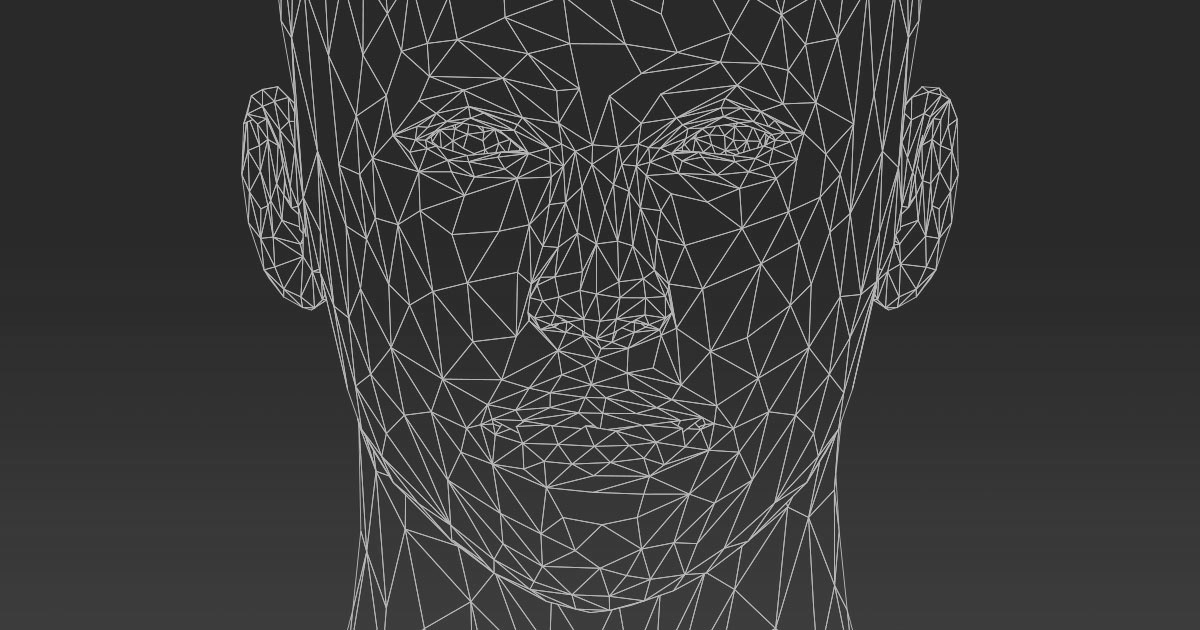Why facial recognition algorithms can’t be perfectly fair (The Conversation)
20 July 2020
To err is human… and algorithmic
Like any prediction algorithm, facial recognition algorithms make probabilistic predictions based on incomplete data – a blurry photo, for example. Such predictions are never completely error-free, nor can they be. Since errors always exist, the question is what is an acceptable level of errors, what kind of errors should be prioritised, and whether you need a strictly identical error rate for every population group.